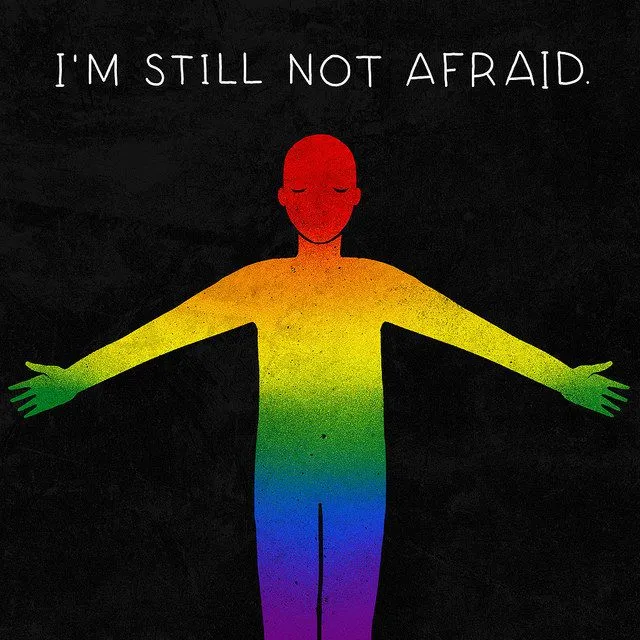There is no right or wrong way to go about coming out as trans or gender diverse. It’s all about what feels most comfortable for you. You have a right to feel safe and comfortable at work.
Below are some ideas, tips, and things to think about for coming out as trans and gender diverse at work. Feel free to take what is helpful for you, and leave what isn’t. What will work for you isn’t the same as what will work for others, and that’s okay.
1. Work out who you want to come out to
Do you only want to come out to some colleagues, or to everyone? Some people come out in stages, such as trusted colleagues first and everyone else after. Some only come out to certain people. And some speak to management or HR, and get their support in sharing the news with the rest of the organisation. Whoever you’re coming out to, think about how you would like them to hear it – from you, from someone else, or in an email?
2. Know your rights
You have a right to affirm your gender at work. This includes using your affirmed name and pronouns at work whether or not they’ve been legally changed (including in your emails/logins/name badges), and using the uniform of your choice regardless of how you present. You also have a right to be free from discrimination. If you are discriminated against, you can make a report to the Victorian Equal Opportunity Human Rights Commission or the Australian Human Rights Commission (links below).
Every organisation has a ‘positive duty,’ which is a legal responsibility to eliminate discrimination from the workplace as much as possible. Good workplaces will have plans for supporting employees to affirm their gender, including gender affirmation leave.
Remember that you are not obligated to educate people on gender diversity just because you are trans/gender diverse. Many folks find themselves being ‘the go-to trans rep’ at work, working hard to make their workplace more inclusive, while the rest of the team doesn’t do much and management takes credit for their hard work. This isn’t fair on trans and gender diverse folks, and so remember that only you get to choose if and how you do this work. Organisations like the Zoe Belle Gender Collective and Transgender Victoria can provide training for workplaces (links below).
3. Drop hints
Some people like to drop hints before coming out to smooth out the process. This can be wearing a trans pride pin, or having a coffee mug with the nonbinary flag on your desk. You can raise trans and gender diverse issues in meetings or in conversations, or share articles about this to your team. You can start to change how you present at work.
4. Find your allies
Many of us have people we get along with best at work. You can ask them to support you in the process, such as by correcting people who misgender you, educating others about gender diverse identities, or fielding any inappropriate questions. These can also be people who speak up for gender diversity at work, so you don’t have to do all the heavy lifting.
5. Protect your mental health
If you think coming out at work is going to be a stressful or emotionally difficult experience, remember to look after your mental health. Get emotional support from friends, talk to your counsellor, access community supports like Switchboard or the various trans and gender diverse community Facebook groups, and practice your self-care, whatever that looks like for you. If the process leaves you feeling dysphoric, do things to affirm your gender – like talking to a friend who sees you for who you are, putting on clothes that make you feel good, and connecting with the trans/queer community.
Helpful resources when coming out as trans or gender diverse
Here are some other resources to look at, or organisations to contact for further support:
- Switchboard: 1800 184 527
- Zoe Belle Gender Collective
- Transgender Victoria
- Victorian Equal Opportunity Human Rights Commission (VEOHRC)
- Guideline: LGBTIQA+ inclusive workplaces
- Australian Human Rights Commission
- Roberta Perkins Law Project
- St Kilda LGBTIQ Legal Service
- TransHub (NSW)
- Justice Connect
We can help
At Safe Place Therapy, we are focussed on supporting LGBTQ+ and gender diverse people.
And because of this, we are able to offer genuinely supportive counselling for trans people.
If you’re thinking about seeing a counsellor, it’s important to see someone you can feel comfortable with.
So get in touch with us today. Safe Place Therapy is your safe place to talk.



